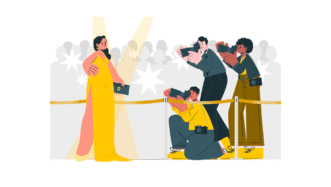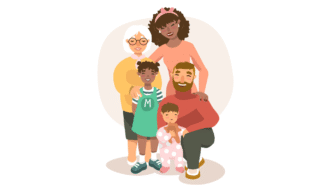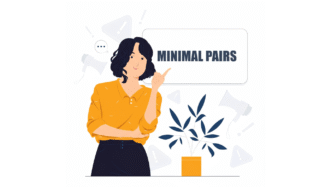LESSON OVERVIEW
This grammar lesson helps students learn about and practise Zero Conditional. The worksheet includes a lot of speaking activities. Students also do a vocabulary exercise and learn the phrases related to the topic.
SPEAKING ACTIVITIES & VOCABULARY
The worksheet starts with a speaking exercise that serves as a warm-up to the topic. Students look at the common things parents say to their children and discuss them. They also note the difference between the two phrases (tell a lie and tell the truth). Then, students complete sentences with some words or phrases (e.g. white lies, false, dishonest). After that, they look at more things parents tell their children (e.g ‘You can’t grow if you don’t eat vegetables’) and discuss them by answering the questions. Students decide which of the statements are false and talk about the topic of telling white lies to children, teaching them life lessons. This activity also leads to a grammar part of the lesson where students discuss and practise Zero Conditional.
ZERO CONDITIONAL
First, students look at the statements they discussed and try to find a condition in each of them. Then, they try to make out the rules for using Zero Conditional. Students have to complete the table by choosing the correct answer. After that, they move on to practice. At first, students have to put the verbs in brackets into correct forms to complete the sentences. Then, they do a more creative activity. Students read different situations (e.g. ‘Your child loves fast food and doesn’t want to eat anything else.’) and try to create a white lie and a life lesson for them. Students also do a short writing activity where they develop their own examples of life lessons and white lies for different areas of life (e.g. education, jobs, diet) using Zero Conditional. To wrap up the lesson, students share the ideas they wrote and guess which ones are life lessons and which ones are white lies. There are examples of white lies and life lessons provided in the last two activities to make it easier for students to come up with their own.
Subscribe to unlock these and many other Standalone lesson lesson plans with the Unlimited planWORKSHEETS












Nice! I was waiting for a class on the Zero conditional! (:
Hi Sara!
It’s great to hear that. Please, let us know what you and your students think about the lesson plan after you use it:)
Thank you!
Really nice topic, but just a heads-up that the term white lies is racist. I think a different one should be used
Many phrases and idioms in English contain the word white or black and it doesn’t necessarily mean they’re racists. These colours are often assosciated with day and night and so white connotes rightness, purity and goodness, and black darkness and evil. It’s not okay to use such phrases to describe people as this would be racist – implying that the colour of your skin brings some personality features. However, I don’t see anything wrong in such a use as in the phrase “white lie”. I recommend reading this Cambridge Dictionary post about black/white idioms here as they explain that in more details.
I totally agree with you Stan!!! And congratulations on your answers and patience. A big hug from Brazil.
Well said!
Junior, please…
Great lesson plan! My students had a lot of fun!
Awesome! Thanks for the comment!
It’s too advanced for this level. Nice topic though.